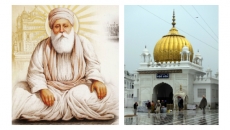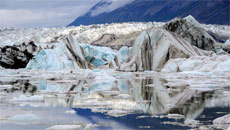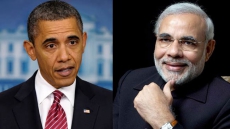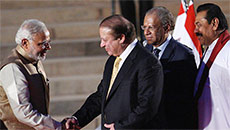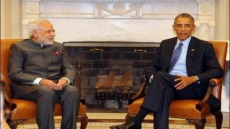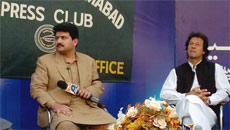Variation in how efficiently urban areas release heat back into the lower atmosphere - through the process of convection - is the dominant factor in the daytime "urban heat island" (UHI) effect, a phenomenon that makes urban areas significantly warmer than the surrounding countryside.
The finding challenges a long-held belief that heat in urban areas is driven principally by diminished evaporative cooling through the loss of vegetation.
The effects of impaired "convective efficiency" are particularly acute in wet climates, the findings showed.
"There is a synergistic relationship between climate conditions and the urban heat island," said Xuhui Lee, a professor at Yale University in the US.
"This relationship suggests that the urban heat island will exacerbate heat wave stress on human health in wet climates where temperature effects are already compounded by high humidity," Lee added.
This is a huge concern from a public health perspective, Lee noted.
The study involved analysis of 65 cities across North America. Using satellite data of land surface temperatures and vegetation cover from cities in the United States and Canada, researchers calculated the mean temperature differentials between urban centres and their rural surroundings during both daytime and nighttime hours.
Their results reaffirmed the consensus view that, regardless of the local climate, the release of heat stored in human-built structures is the dominant contributor to UHI during the nighttime.
But during daytime, researchers found, convection is the dominant factor - particularly in "wetter" cities of the southeastern United States.
The study appeared in the journal Nature
